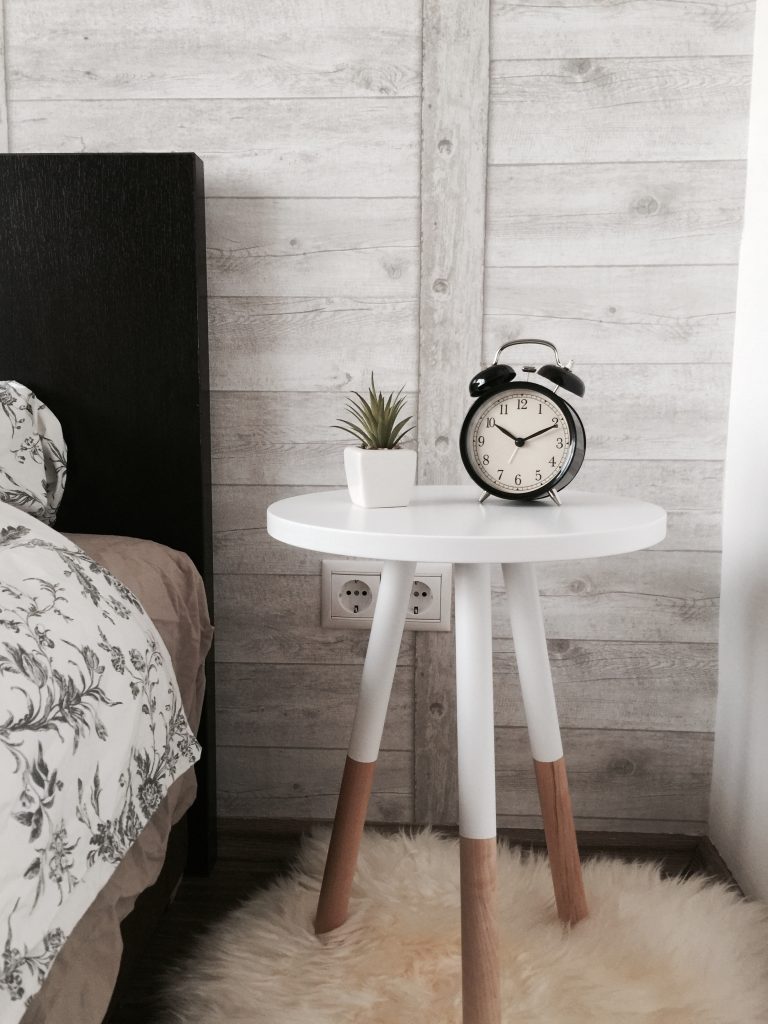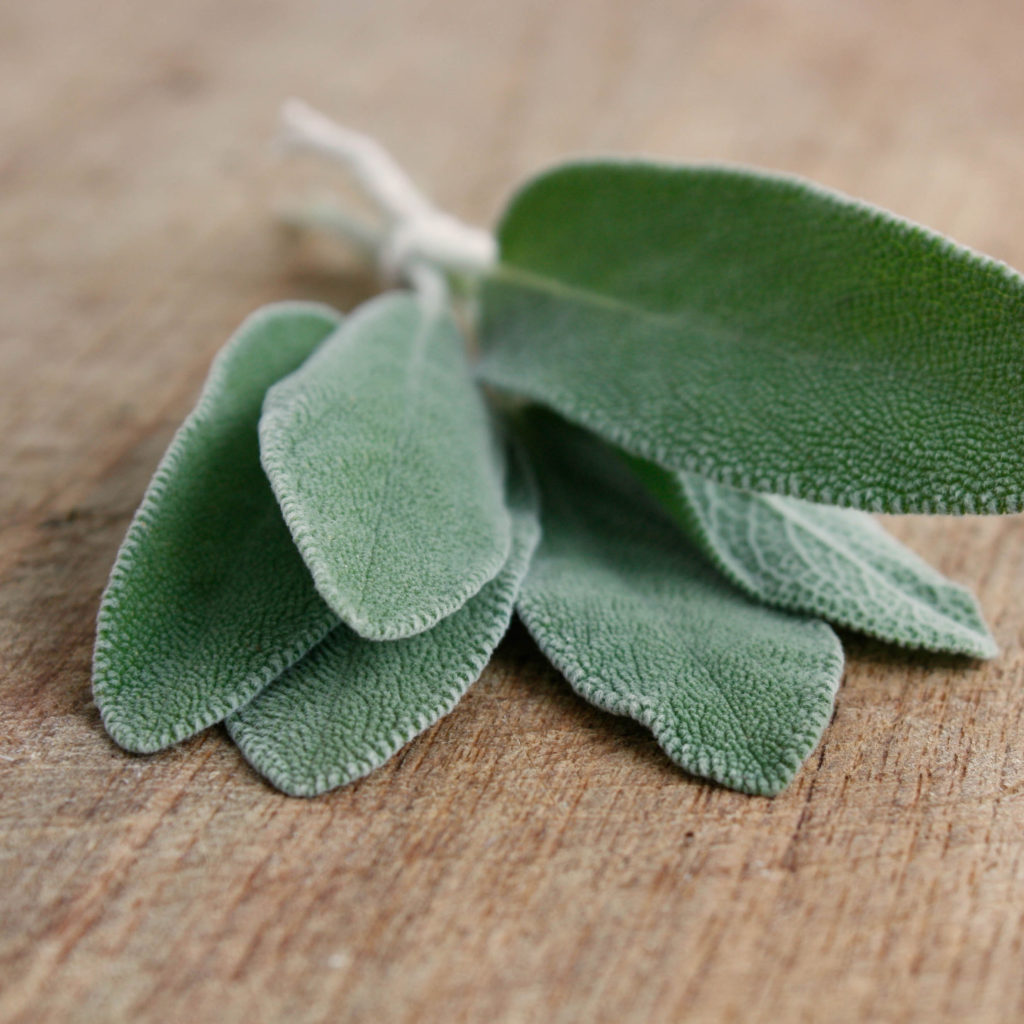The Menopause
How to help insomnia during the menopause
 Struggling with insomnia during menopause? For many of us going through the menopause, waking up and feeling as though we’re sleeping in a furnace is an intensely uncomfortable, but not unusual experience. These hot flushes, along with feelings of anxiety, often lead to sleepless nights spent tossing and turning.
Struggling with insomnia during menopause? For many of us going through the menopause, waking up and feeling as though we’re sleeping in a furnace is an intensely uncomfortable, but not unusual experience. These hot flushes, along with feelings of anxiety, often lead to sleepless nights spent tossing and turning.
How does the menopause cause insomnia?
Night sweats are triggered by our falling oestrogen levels. This can have a profound effect on a part of the brain called the hypothalamus. The hypothalamus regulates body temperature. If the hypothalamus incorrectly perceives the body to be overheating, it instructs the body to release excess heat by dilating blood vessels and sweating profusely. This is a direct result of low oestrogen levels.
A problem that many menopausal women face is not falling asleep, but staying asleep, as night sweats and restlessness can act as an unwelcome and persistent alarm clock in the middle of the night. From natural sleep aids, to sweat-proof pyjamas, we’ve collected some effective ways to fall asleep and stay asleep, despite the fiery flushes.
Hot flush triggers
Caffeine, alcohol, hot drinks and spicy food can all trigger hot flushes by raising body temperature. Avoiding these triggers, particularly before bed, may help regulate your body temperature and reduce the risk of night sweats.
Keeping your room well ventilated with the window cracked open should also help to keep you cooler. If you wake up drenched in sweat, a lighter duvet or blanket paired with ‘wicking’ sheets is a good option. Wicking fabrics absorb sweat, but dry quickly so you will wake up drier without a damp duvet or mattress.
This cleverly-made cooling sleepwear from Cucumber Clothing has in-built odour resistance, and moves sweat quickly away from your skin.
Mindful methods and simple supplements for sleep
HRT
Studies show that HRT improves sleep quality, enables falling asleep, decreases night-time wakefulness and reduces symptoms. Women often notice that they can fall asleep quicker and wake fewer times in the night.
Many women take micronised progesterone as the progesterone part of their HRT. This is a natural sedative so it can cause drowsiness, which is a beneficial side-effect for many women who are having trouble sleeping.
Magnesium
Magnesium is renowned for its powerful relaxing properties. By activating the parasympathetic nervous system, magnesium calms the body down and can contribute to a relaxing night’s sleep. In numerous cases it has been reported to alleviate the symptoms of hot flushes, and considerably decrease their regularity. Magnesium’s effect on the parasympathetic nervous system can also help ease anxiety symptoms.
Many swear by magnesium supplements to improve sleep quality – and supplements are effective, cheap and easy to find. Magnesium is not difficult to incorporate into our diet as we find it in many of the foods we already eat and enjoy. Try swapping white for wholewheat bread.
Two slices can provide 10% of your daily intake of magnesium. Topping this with a large portion of wilted spinach will give you an even greater magnesium kick.
 Sage
Sage
Some have found that specific herbal supplements can help to alleviate hot flushes. Small-scale studies suggest sage supplements can have an antiperspirant effect, considerably reducing night sweats. In one study, women taking fresh sage leaves (in the form of tea) daily for eight weeks found that over time the frequency and severity of their hot flushes decreased. All instances of very severe hot flushes in this study were eliminated. It’s worth a try!
Melatonin
Melatonin is a hormonethat the brain produces in accordance with its circadian rhythm. As darkness falls, our brain increases melatonin production to initiate sleep.
One of the most effective ways of encouraging the brain to produce more melatonin is by sleeping in a completely dark room. Avoid screen time or use of LED lights before bed. You can also use blackout curtains and/or an eye mask to encourage melatonin production. One of Liz’s favourite tricks is to stick a small square of black tape over any irritating LED lights, such as on a television or alarm clock.
Pillow spray
The calming scent of lavender is well known for its sleep-inducing properties. A pillow spray can be the perfect way to benefit if your menopause symptoms leave you with insomnia, feeling restless and struggling to drop off. We love the This Works deep sleep pillow spray, which contains soothing lavender, vetivert and camomile, which can also alleviate sleep related anxiety.
The spray incorporates motion activated technology. The calming fragrance releases continuously throughout the night to reduce sleep disruption and restore a healthy sleeping pattern. In one study, 96% of 200 participants with sleep problems felt that they had a less disturbed sleep when using the spray.
Mindfulness
The practice of mindfulness involves learning to recognise thoughts, feelings and sensations without the need to react to them. In a randomised trial of 110 late perimenopausal and early post-menopausal women who suffered from night sweats and hot flushes, mindfulness was found to be an incredibly effective tool in alleviating symptoms. By the end of the study, those participating in a course of Mindfulness Based Stress Reduction (MBSR) found that their sleep disturbance lowered. The bother they experienced from hot flushes had decreased by 21% and the intensity of daytime hot flushes had lowered by 44%.
Headspace is an accessible mindfulness app with simple instructional videos and recordings to give you the tools to meditate your way to acceptance and calm.


 Sage
Sage



